Green Skills
There’s a huge skills gap and without change, it’s likely to slow down our adaptability to a changing planet. Green skills are an essential part of the transition
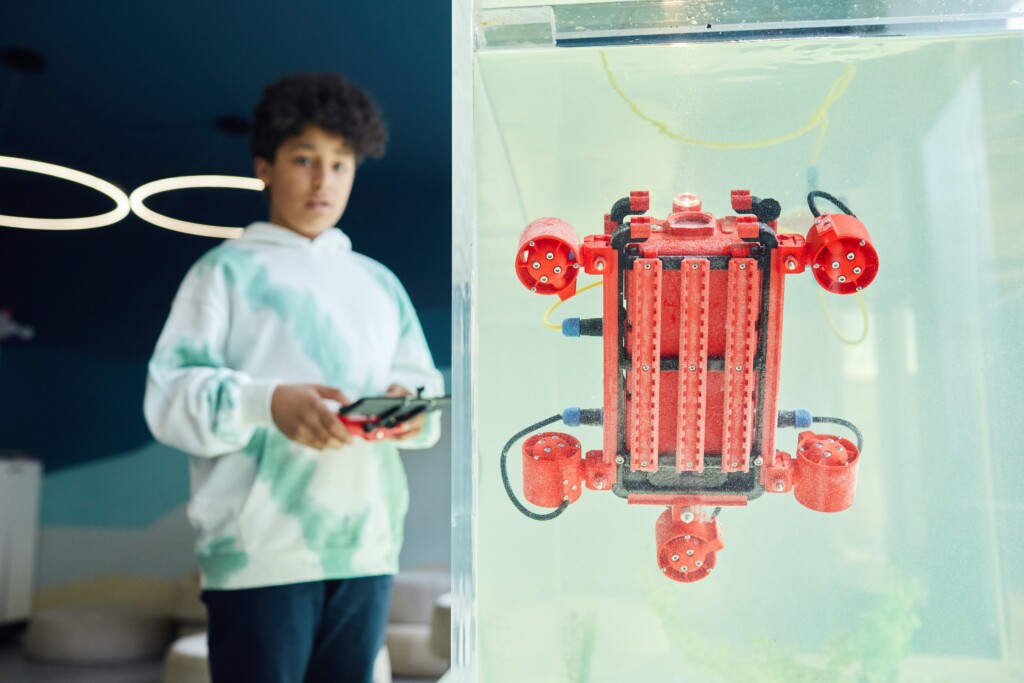
Key Takeaways

Green Versatility
Green Skills will be needed across industries, including those outside of the most obvious candidates for “greening”. This makes these skills agile and adaptable.

International Relevance
This work is already being done at the international level. We can learn from their models.
Green Skills
As noted earlier in this publication, numerous workforce forecasting agencies are identifying a massive gap in green skills. Companies like LinkedIn have created sustainability resources to help close the gap in employees all over the workforce. Some driving data from the LinkedIn report is depicted below:
The share of green talent in the workforce increase from 9.6% in 2015 to 13.3% so far in 2022.
In the past year, ~10% of job posting requiring skills have explicitly required at least one green skill.
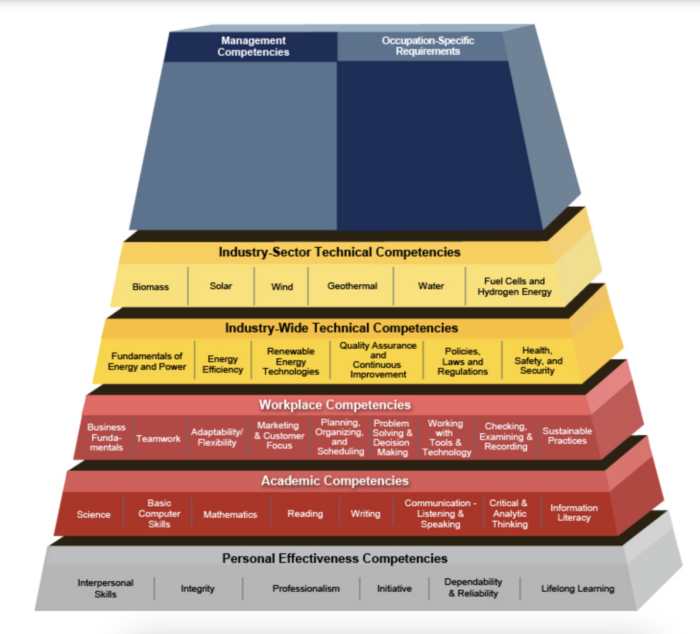
Renewable Energy Competency Model
Competencies and skills are the building blocks of our learning future. Organizations and districts around the world are doing the work to try and recognize what future skills young people will need and make sure they build experiences to support learners on their skill-building journey. Many of these skills will be green skills.
IREC, alongside the NABCEP and CREATE, helped to create this Renewable Energy Competency Model which stacks numerous durable and technical skills on top of each other to roll up into highly in-demand renewables skills in America.
Jamie Merisotis on Green Skills
Jamie Merisotis, Executive Director of the Lumina Foundation, reflects on the wide-ranging need and utility of green skills in this episode of the Getting Smart Podcast.
Global Trends
Numerous European countries have spent the last decade framing green skills and competencies to the benefit of the planet and their young people. A report published by Global Education Futures and World Skills highlights the future of skills as of 2020. Many of these skills heavily inform ways of seeing and being in the world, including a category of skills called “Green & Universal Well Being” which emphasizes a set of sustainability skills.
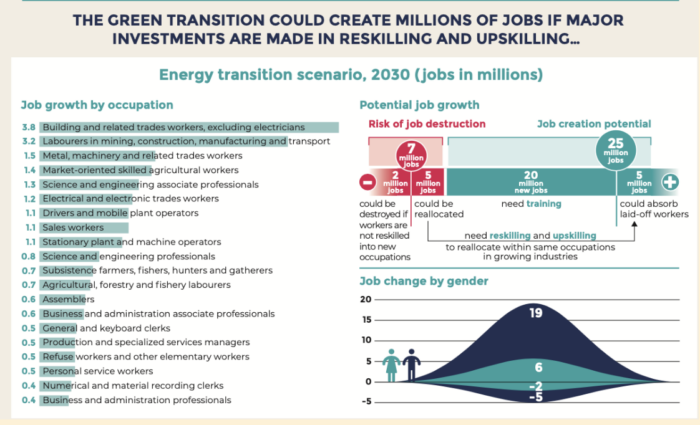
International Labor Organization (ILO)
The ILO recently created a report about what skills will be needed by 2030 to upskill a young labor force towards green new jobs. Some of the core skills are: Cooperation, Willingness to learn, Environmental awareness, Entrepreneurial Skills and Adaptivity and Resilience.
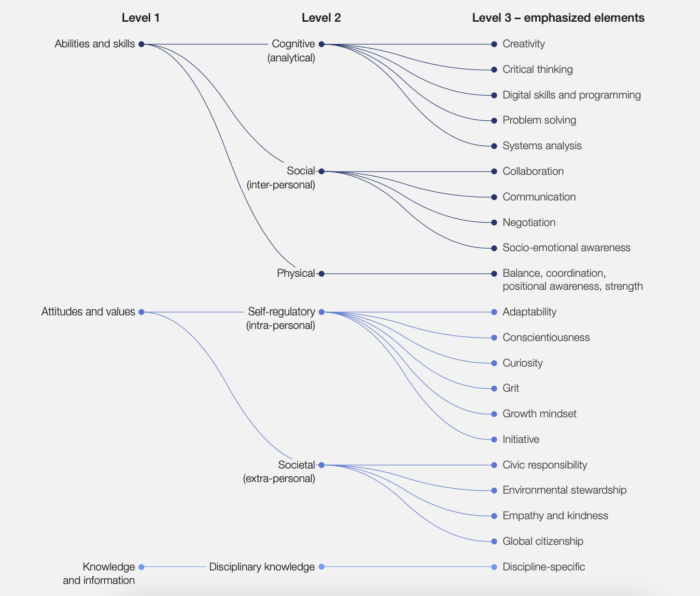
World Economic Forum: Education 4.0
The WEF has recommended a “skills-first approach” which encourages participation in real-world challenges and breaks skills, values and information into a taxonomy for mapping learners on their skills-acquisition journey.
Entrepreneurship
As indicated in numerous skills reports highlighted in this publication, work-based learning pathways that incorporate apprenticeships and mentorship leading to family-sustaining wages should also include opportunities to develop entrepreneurial thinking and sustainability elements critical to a thriving and regenerative economic ecosystem. By intentionally including traditional entrepreneurial skills such as leadership, design thinking, finance, marketing, and creativity into any pathways program, learners develop agency to not only earn a family-sustaining wage but potentially build opportunities for others (and themselves) in the future.
The Opportunity of Social Entrepreneurship
The idea of social entrepreneurship started to gain recognition around the 1980s and has since gained momentum globally. Social entrepreneurship bridges the mission-driven approach of the non-profit with the quest for sustainable revenue streams of a for-profit. At its core, it is a business with the purpose to generate a positive impact for society – or the environment- through its products or services. It is an essential model in a world where nonprofits compete for a limited pool of funds. As schools make a shift towards prioritizing learner agency and problem-solving, it is important that we also teach them new business models and social entrepreneurship principles to build a more sustainable and inclusive future.

University Charter School
Entrepreneurship programs at the secondary level are numerous and traditionally have fallen into business tracks. School programs that deliver on a purpose mindset and entrepreneurial mindset take traditional business courses and change them into robust entrepreneurship opportunities to allow students to design and create. University Charter School in Alabama built a Rural Business and Entrepreneurship program within a K-12 setting. As a five-year-old school, students have already launched a coffee shop, bait and tackle supply business, and food delivery service. It’s in how they operate -from supply chains to packaging – where students get the opportunity to assess their footprint and how their business offers value to the community.
Harvesting Housing
Social entrepreneurship often arises from those who have identified a problem, and are using business principles to solve it. This methodology can encourage students to tackle place-based, community challenges in creative ways. A group of students from Immokalee Florida, the children of migrant farmers, spotted a need within their community. The red tape and convoluted processes around housing made for inhospitable conditions, difficult legalities and contracts that served property owners rather than the tenants. To combat this, these students created a company called Harvesting Housing, an awareness-building engine and potential resource for affordable housing opportunities for migrant workers.

Mauka Market
In Hawai’i, entrepreneurship and place are inextricably linked. Students often identify climate challenges and address them with innovations of place or returning to more ancestral practices. One example of this is Mauka Market, a regenerative farmer’s market concept created by Trinity Asing, an alumni of the student entrepreneurship accelerator Nalukai.
“My senior year of high school I started a farmers market as part of a class project on how we could make our school more sustainable. This made me fall in love with entrepreneurship and sustainability,” said Trinity Asing in an episode of the Getting Smart Podcast.
Her co-guest and former teacher Aaron Schorn (also a columnist) shared “When you work with others you [start to] care about the problems they face, the communities they’re in […] Making entrepreneurship place-based is so vital.”
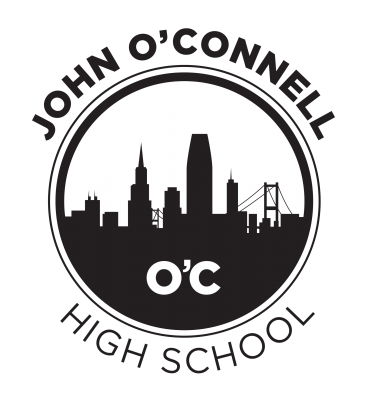
John O'Connell High School
At John O’Connell High School, students in the Entrepreneurship and Culinary Arts pathway integrate entrepreneurial thinking and a social justice mindset to partner with their communities.

